Your Hands as You Age

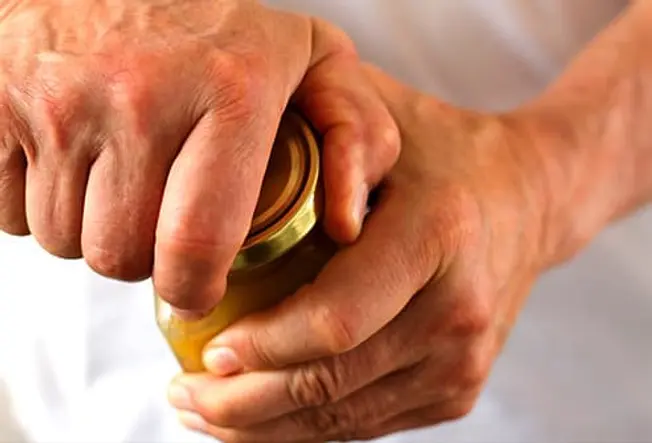
Give Your Hands a Hand
You use your hands to do so many things: tie your shoes, open jars, drive, and use your phone, to name just a few. It’s hard to do much of anything without them, but as you get older, they can get weaker and less flexible. Some hand problems can even be signs of certain health conditions. Know what to look out for so you keep them in good shape.
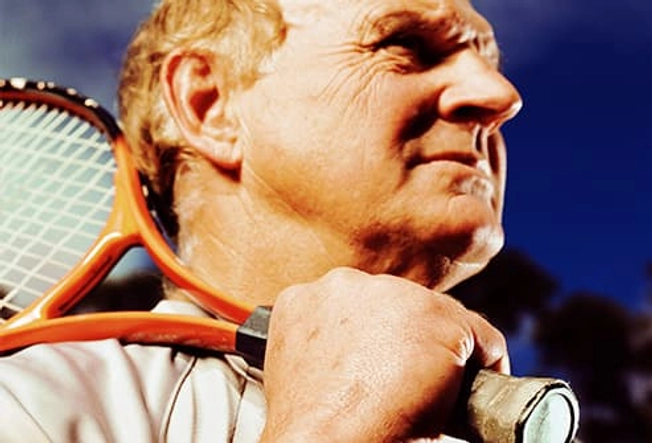
Grip Strength
You can lose this naturally as you age, especially after 65, and that can make it harder to do everyday tasks. If your grip gets weaker over time, it’s probably caused by brittle bones, arthritis, or muscle loss. If it happens suddenly, it might be a sign of a more serious problem, like diabetes, heart disease, or high blood pressure.
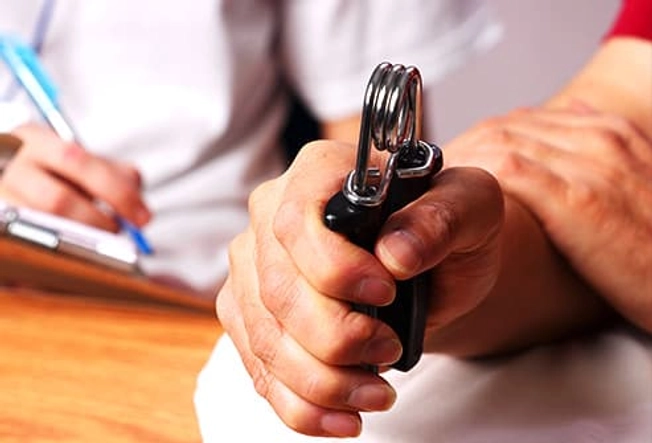
Grip Strength: Treatment
An occupational or physical therapist can test the strength in your hands and help you regain or keep it. You also can do many exercises at home. For example, you might squeeze something like a tennis ball as hard as you can for 3 to 5 seconds, then rest briefly -- do that 10 times with each hand. Start with once a day or once every other day, depending on how your hands feel.
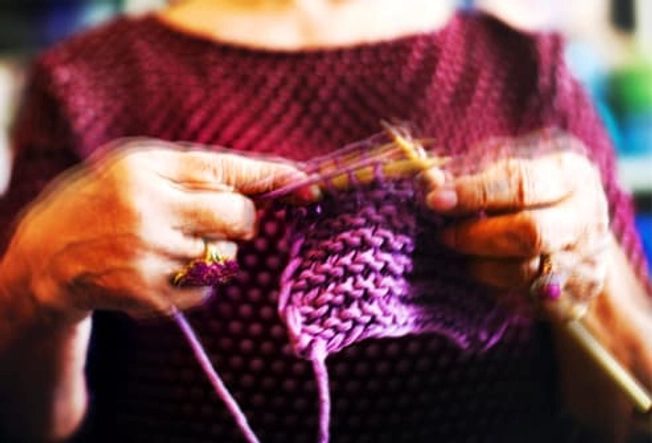
Tremors
Your hands can shake for many reasons at any age, but it’s more common after 50. Some medicines -- like mood stabilizers and drugs that treat seizures or migraines -- can cause it or make it worse. Anxiety, stress, low blood sugar, being tired, or having too much caffeine can, too. An “active” tremor happens when you try to use your hands. A “passive” tremor happens when your hands are at rest.

Tremors: Treatment
While it may bother you, an active tremor is usually harmless. Changes in diet and lifestyle can help -- drinking less caffeine, for example. But a passive tremor can be a sign of a serious problem, including a tumor or a brain disease, such as Parkinson’s. See your doctor right away if you have these kinds of tremors.
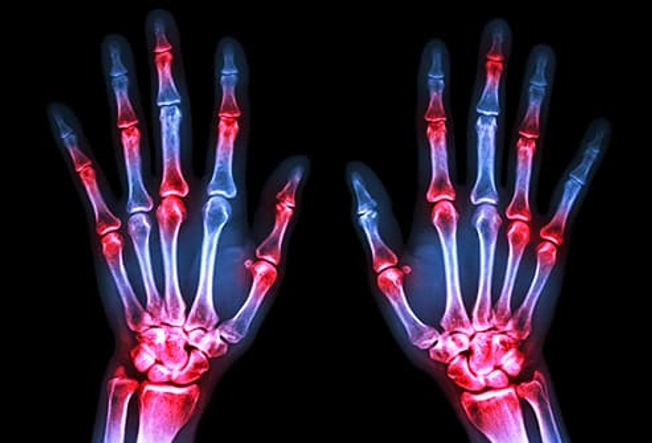
Arthritis
This inflames your joints, and it’s especially common in places where you’ve had breaks, sprains, or fractures, even if they were treated. You’re more likely to get it as you age, and over time, it can lead to pain, swelling, and loss of movement.
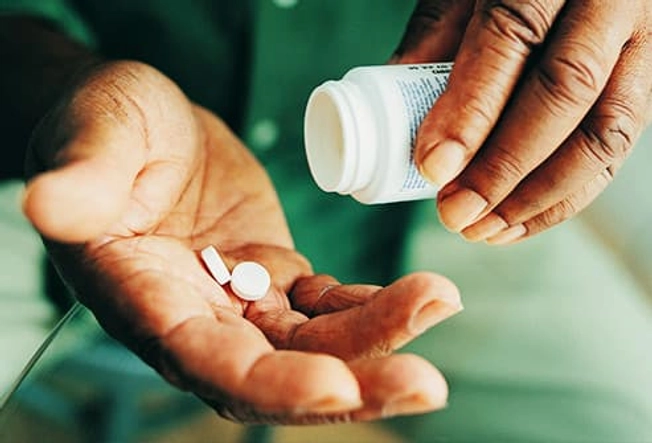
Arthritis: Treatment
Your doctor will talk with you about how active you’d like to be, and how the pain and lack of flexibility affect your daily life. They might recommend anti-inflammatories or give you a steroid shot that can ease pain and swelling for weeks or possibly months. In some cases, splints that protect your joints and keep you from overusing them can help. But wearing them too long can lead to muscle loss.
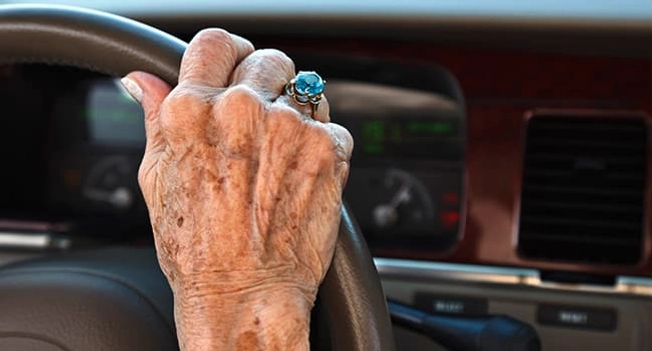
Your Skin
We’ve all seen the “liver spots” -- or "age spots" -- that can show up after years in the sun. As your skin ages and wrinkles, it’s harder to keep moisture in, and that can lead to dry, itchy skin. Veins become more obvious with age because you lose soft tissue. This is especially true in your hands.
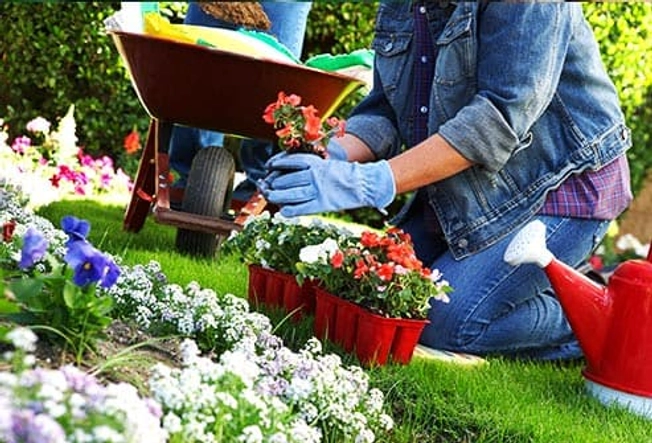
Your Skin: Treatment
Protect your hands against the sun’s rays with broad-spectrum sunscreen rated 30 SPF or higher. Wear cotton-lined gloves when you garden or clean, and choose a mild soap or cleanser that doesn’t strip your hands of their natural oils. Moisturizers and a healthy diet with plenty of vitamins, antioxidants, and omega-3 fatty acids also can help keep your skin and nails healthy.
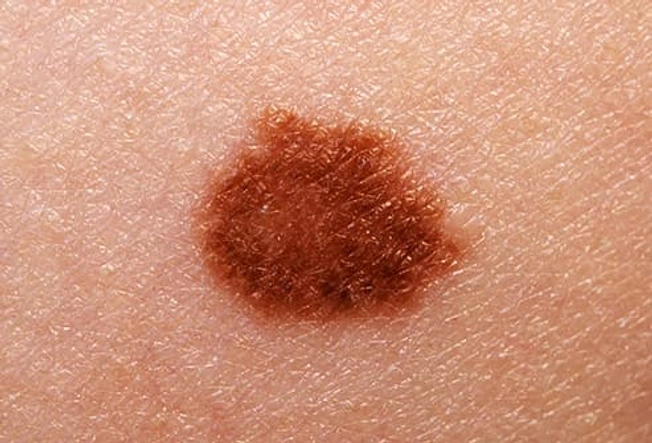
Skin Cancer
Over the years, the tops of your hands get lots of sun, which is a leading cause of this disease. A fair complexion, problems with your immune system, certain kinds of moles, and a family history of skin cancer can also raise your chances of having it.
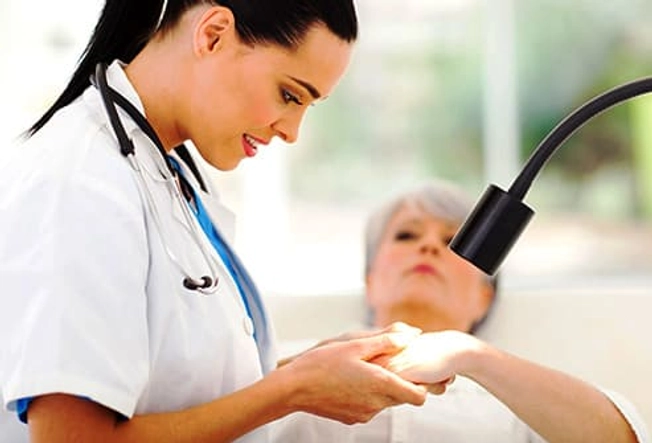
Skin Cancer: Diagnosis and Treatment
A dermatologist (a doctor who specializes in skin care) can check any unusual spots and teach you what to look for. If they find skin cancer, you’ll need surgery to take out the cancer cells. You also may have radiation or chemotherapy to kill any that are left to keep them from spreading.
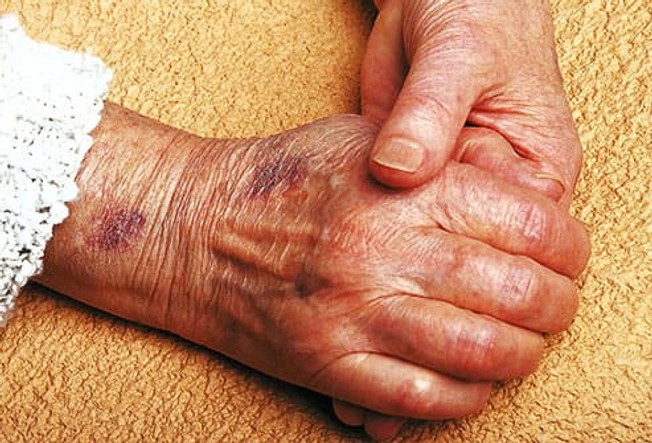
Bruising
When it’s on the back of your hands and arms, doctors call it "actinic purpura," "solar purpura," or "Bateman's purpura." A light knock can cause it, and it’s more common on thin, wrinkled, or sun-damaged older skin. You’re also more likely to bruise if you take drugs like aspirin or other blood thinners, or drink alcohol often. It starts as blotches of red that turn purple, then darken and fade. It doesn’t usually hurt, but it can last longer than a normal bruise, often a few weeks.
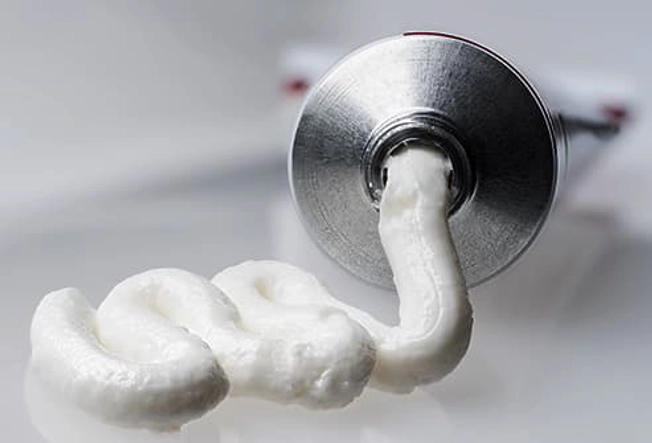
Bruising: Treatment
Protect your hands and arms when you think they’re in the line of fire: Special sleeves can help with this, or your doctor might suggest a cream or lotion to keep your skin from bruising or help make your skin thicker. If you take blood thinners and think they’re causing the bruises, talk with them about possibly changing your medication or the amount you take.
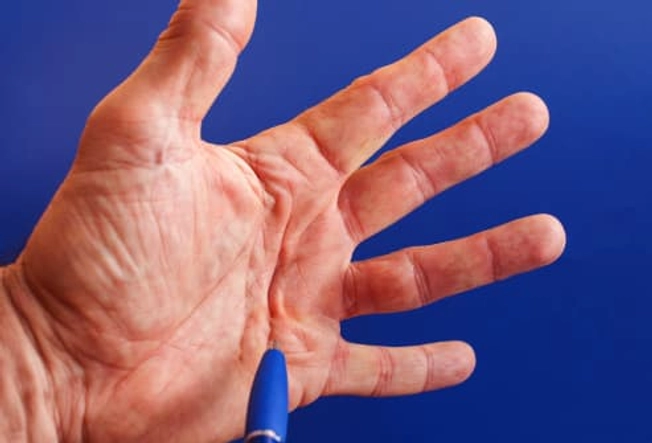
Dupuytren's Contracture
This is when the tissue just under the skin of your hand gets unusually thick. It can cause your fingers -- most often the ring and pinky fingers -- to bend into your palm. You may get lumps or thick cords (like string) in your palm as well. It sometimes affects the top of your knuckles or the soles of your feet, too. Doctors aren’t sure what causes it, but it happens more often in men over 40, especially of Northern European descent.
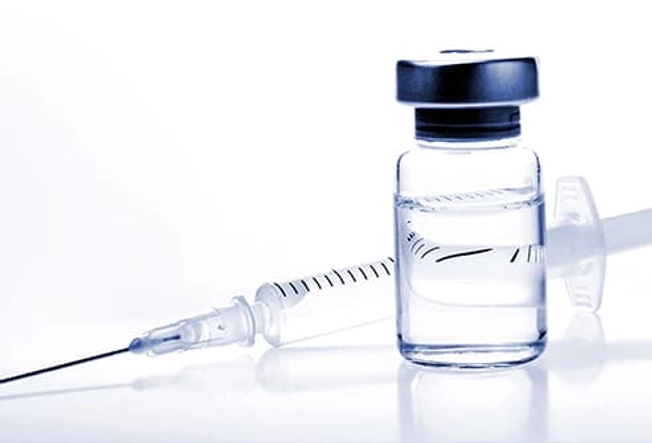
Dupuytren's Contracture: Treatment
For many people, a mild case doesn’t cause major problems or pain, and it may not get worse, so your doctor might take a wait-and-see approach. If it is causing problems, they may suggest a type of stimulation with needles, shots, or possibly surgery to give you more movement in your hands. Treatment doesn’t always fix it completely, though, and it sometimes comes back.
